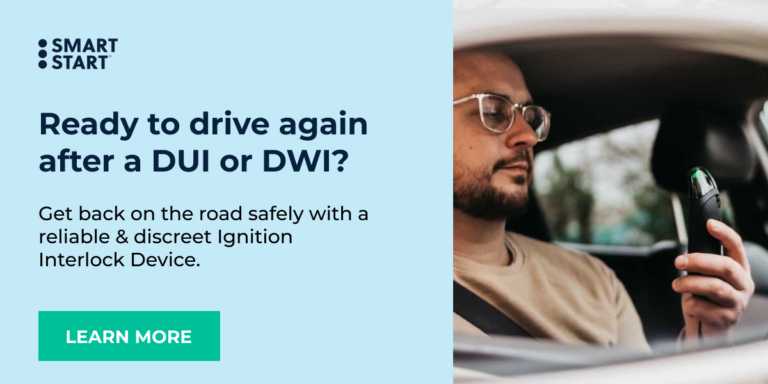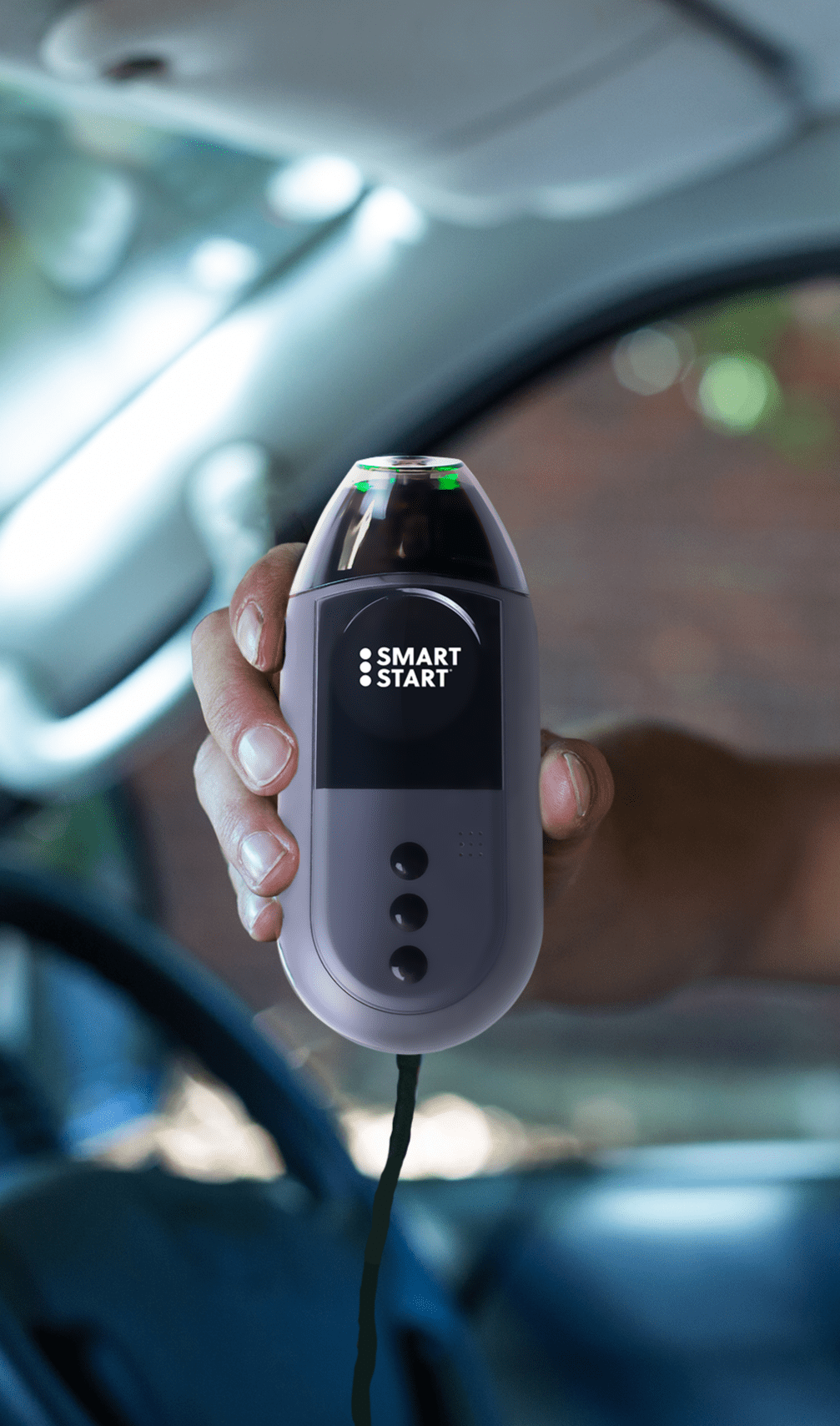SERIES: Illinois DUI School and What to Expect
GUEST CONTRIBUTOR: Jerald Novak
Chicago and Suburban Area DUI Attorney
Illinois DUI Classes or Evaluations
Every person who pleads guilty or is found guilty of DUI in Illinois must have obtained a DUI evaluation through a DUI school before sentencing. Each county has numerous DUI evaluators, and most court houses have a list of pre-approved providers. In most counties, there are usually many evaluators to choose from.
Captive DUI Class Evaluators
In some Illinois counties like Cook, Lake and DuPage, the courts mandate that all defendants MUST obtain their DUI evaluation from “captive” evaluators.
- Cook County defendants – C.S.I. (Central States Institute of Addiction).
- Lake County defendants – NICASA (Northern Illinois Counsel on Alcoholism and Substance Abuse).
- DuPage County defendants – DuPage County Court Services Department
- If your client lives “out of county” from where the DUI offense occurred, you may seek leave of court to obtain a non-captive DUI evaluation. In Cook and DuPage Counties, obtaining this permission has been next to impossible. Most judges in Lake County will be flexible and grant your request for a non-captive DUI evaluation. However, I would caution the practitioner to obtain leave of court prior to directing your client to obtain a non-captive DUI evaluation in any county that has a captive evaluator.
Levels of Treatment in Illinois DUI Classes
Evaluators in Illinois DUI schools will assess the clients and ultimately recommend one of four levels of DUI treatment. It consists of the following:
- Minimal Risk: 10 hours of Remedial Alcohol/Drug Education.To qualify for this level, the client must be a first-time offender with a breath alcohol concentration (BrAC) level no higher than .15.
- Moderate Risk: A base of 10 hours’ Remedial Education followed by 12 hours of counseling.
First-time offenders with a BrAC level between .16 and .19 or a Refusal. - Significant Risk: A base of 10 hours’ Remedial Education followed by 20 hours of counseling and 6 months of After Care.
Either a first-time offender with symptoms of dependence OR minimally, ALL 2nd-time offenders, regardless of the BrAC level.
- High Risk: In some instances, a base of 10 hours’ Remedial Education, followed by 75 hours of inpatient or outpatient counseling and a minimum of 6 months of After Care. In some instances, a referral to a self-help group such as Alcoholics Anonymous (AA) may also be recommended.A first, second, third or greater offender but has numerous and definite symptoms of alcohol/drug dependence.
How Can We Help Our Clients?
We need to get to know our clients. We need to learn what to look for in our clients that may indicate another serious life issue that precipitated our client’s alcohol or drug use issues. Take some time and talk with your clients and get to know them as a people. Talk to them about what’s going on in their past and present family life.
Often a series of genuine, short discussions will reveal much about the iceberg lurking below the surface. A willingness to change coupled with a referral to real and effective individual and group counseling can often make a substantial and positive difference in reducing your client’s recidivism.
What Can We Do Now?
Breath Interlock Devices, or BAIIDs, have proven year after year that they are effective in reducing, minimizing and eliminating DUIs in Illinois.
I know that nobody is crazy about having an Interlock device in their car, but it’s cheaper than fines and court costs, you can’t go to jail or prison and no one will ever get killed from having one in their vehicle.
It’s like a seat belt. You really don’t like them and they’re a bit uncomfortable at first. But you sure are glad you had one when the moment of truth arrived! Once the client gets used to using an Interlock Device, it will become second nature. It’s much better to have an Interlock in your car than being locked up in a cell! Once the client has a gained a greater understanding of their true problem(s), coupled with some substantial abstinence and sobriety, the Interlock can be safely removed.
Embarrassment
Some clients say that having the Interlock Device in their vehicle is embarrassing. I couldn’t agree more. The question I ask my clients is: Would it be more embarrassing to have an Interlock in your car or to have your kids visit you while you’re serving many years in the penitentiary?
This question is a bulls-eye, makes my point swiftly and succinctly and it ends all debate. An Interlock solves your client’s problem and solves it NOW. It’s a small price to pay to preserve your freedom, your family, your life and the lives of others.
Jerald Novak
Illinois DUI Criminal Defense Attorney
Serving Lake, Cook, DuPage, Will and Caine Counties
Jerald Novak and Associates
Jerry@iwindui.com
DUI Schools Series State-by-State
- National overview of DUI Schools
- Texas DWI School
Do you need more information about Smart Start Ignition Interlock Devices? Call our team at (800) 831-3299 or fill out our online form.
Schedule an Installation
Get a quick and easy IID installation with Smart Start! Get started today!
¡Obtenga una instalación rápida y fácil de IID con Smart Start! ¡Empieza hoy mismo!
"* (required)" indicates required fields
Disclaimer
Meet the expert
Blair









